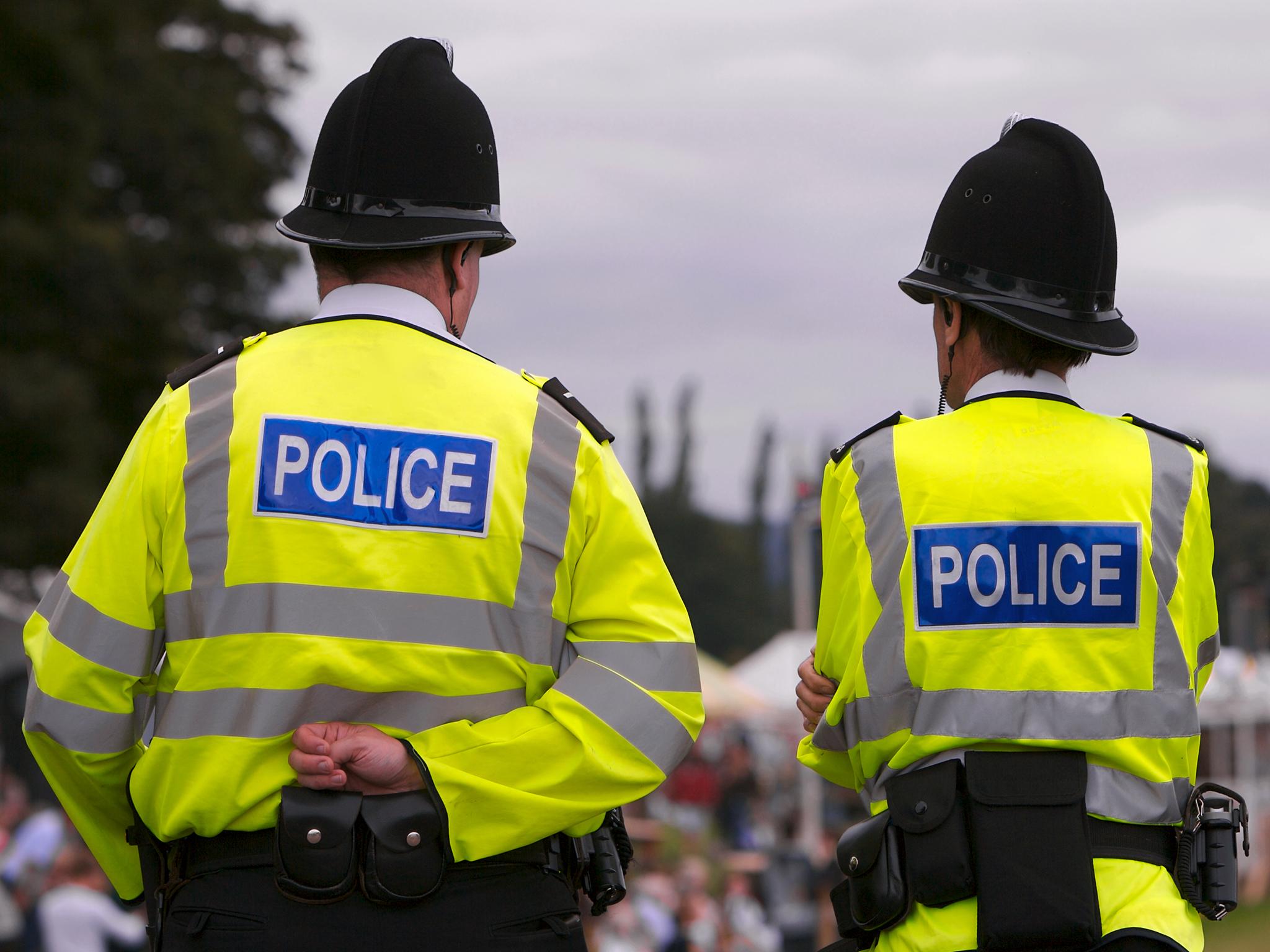19 people died in police custody in year in England and Wales
Watchdog says some deaths were avoidable amid ‘over-reliance on police‘ to respond to mental health crises

Nineteen people have died in police custody or shortly after being released over the past year in England and Wales.
The Independent Office for Police Conduct (IOPC) said that two thirds had mental health issues at the time of their deaths.
Of the 19 people who died in 2021-21, 17 were men and two were women and they were aged between 24 and 85. Seventeen were white and two were black.
The IOPC said that force was used against 12 of the 19 people by police or members of the public, but it “did not necessarily contribute to the deaths”.
The year also saw one person shot dead by police, 25 deaths in police-related car crashes and 54 suicides after people were held in custody.
The IOPC investigated 92 other deaths following contact with the police in a wide range of circumstances, mostly involving people who died after concerns were raised with police about their welfare.
Michael Lockwood, the IOPC Director General, said substance abuse, intoxication and mental health vulnerabilities were “key issues”.
“Yet again we are seeing a sadly familiar picture of people with clear vulnerabilities coming into contact with the police because their needs aren’t adequately met by other services,” he added.
“All but five of the 19 people who died in or following police custody in 2020-21 were known to have links to alcohol and/or drugs, and 12 had mental health concerns.”
Mr Lockwood said each death was a tragedy and added: “While not all will have been avoidable, an over-reliance on the police service to step in to critical situations involving medical emergencies or mental health crises is unfair to those who have died, their families, and the often ill-equipped officers involved.
“These issues cannot be solved by the police service alone and need a concerted, system-wide response to help prevent future deaths from occurring.”
The Inquest charity said that despite recommendations from multiple probes and a 2017 review on deaths in custody the figures showed the “same patterns”.
“Nothing changes,” said director Deborah Coles. “This gives the impression that successive governments are willing to accept these deaths, which we know from our casework are often caused by systemic failures to safeguard intoxicated people or people in mental health crisis, dangerous restraint, and neglect.
“The focus of this government is denying structural racism and inequality, appearing tough, ignoring evidence and repeating failed policies focused on criminalisation. Ultimately to prevent further deaths and harm, we must look beyond policing and redirect resources into community, health, welfare and specialist services.”



Bookmark popover
Removed from bookmarks